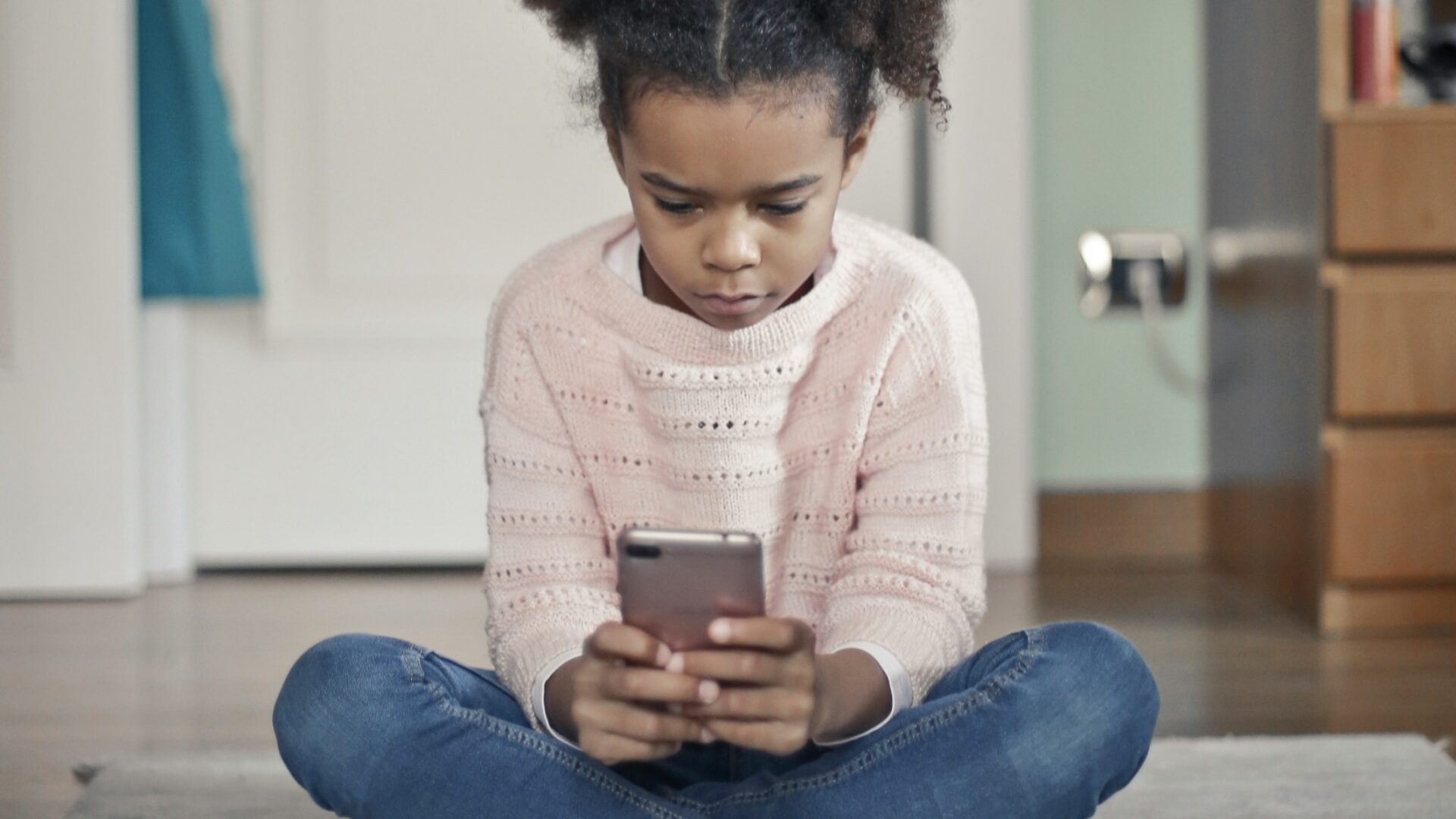
Worried About Your Child’s Screen Time? Experts Recommend This
By Movieguide® Contributor
As children’s increasing addiction to cell phones continues to affect their physical and mental health, parents are looking for ways to limit their kids’ screen time.
The American Psychological Association released a study on the effects cell phone and social media use has on young people, pointing to a “hypersensitivity to social feedback,” damage to relationship-building skills, “underdeveloped impulse control” and harm to a healthy sleep schedule.
“By early 2024, few meaningful changes to social media platforms had been enacted by industry, and no federal policies had been adopted,” the APA noted. “There remains a need for social media companies to make fundamental changes to their platforms.”
This information is even more worrying following the findings of a study from the University of California-San Francisco that “found that 12- to 13-year-old children in the United States doubled their non-school-related screen time to 7.7 hours a day in May 2020, compared to 3.8 hours a day before the pandemic.”
“If kids are on their phones 24/7, it doesn’t help them develop a sense that they can create, understand and generate thoughts and ideas,” said Dr. John Piancentini, a psychologist and professor at UCLA Health.
EdSource is one of the many organizations that are providing tips for parents who are worried about their children’s phone use.
They recommended having a “family media plan” that details when phones should be used.
“Initiate screen-free times before bedtime so that children get enough sleep,” EdSource explained. “Establish that dinner and social times are screen-free times to better promote conversation and socialization.”
They also recommended that parents should “have regular conversations” with kids about screen use, and work with parents of their children’s friends to create similar rules. EdSource emphasized that “parents should adhere to the family media plan and model good cellphone practices,” as well.
Movieguide® previously reported on ways parents can reduce their child’s screen time:
As studies continue to discover how screen time detrimentally affects children, many parents are looking for ways to limit their kids’ use of the technology.
“Children and adolescents who spent more time using screen media were lower in psychological well-being than low users. High users of screens were significantly more likely to display poor emotion regulation (not staying calm, arguing too much, being difficult to get along with), an inability to finish tasks, lower curiosity, and more difficulty making friends,” a study conducted by the National Library of Medicine found.
As parents hope to curb these negative effects, Momtastic suggests these tips:
-
- Set Screen Time Limits: Establish clear and consistent screen time limits for different activities, such as TV, video games, and social media. The American Academy of Pediatrics recommends that children aged 2 to 5 years should have no more than one hour of high-quality screen time per day, and children under 18 months should avoid screen time altogether.
-
- Create Screen-Free Zones: Designate specific areas in your home, such as the dining room or bedrooms, where screens are not allowed. This helps prevent screens from intruding on family time and sleep.
-
- Be a Role Model: Children often emulate the behavior of adults. If you want your child to spend less time on screens, be a positive role model by reducing your own screen time and engaging in non-screen activities.
-
- Provide Alternative Activities: Encourage your child to engage in alternative activities like reading, outdoor play, creative arts and crafts, or board games. Make these activities readily available and appealing.
-
- Plan Screen Time: Instead of allowing unrestricted screen access, plan screen time as a part of your child’s daily routine. Set specific times for screen use, such as after homework or chores are completed.
Questions or comments? Please write to us here.


 - Content:
- Content: 
